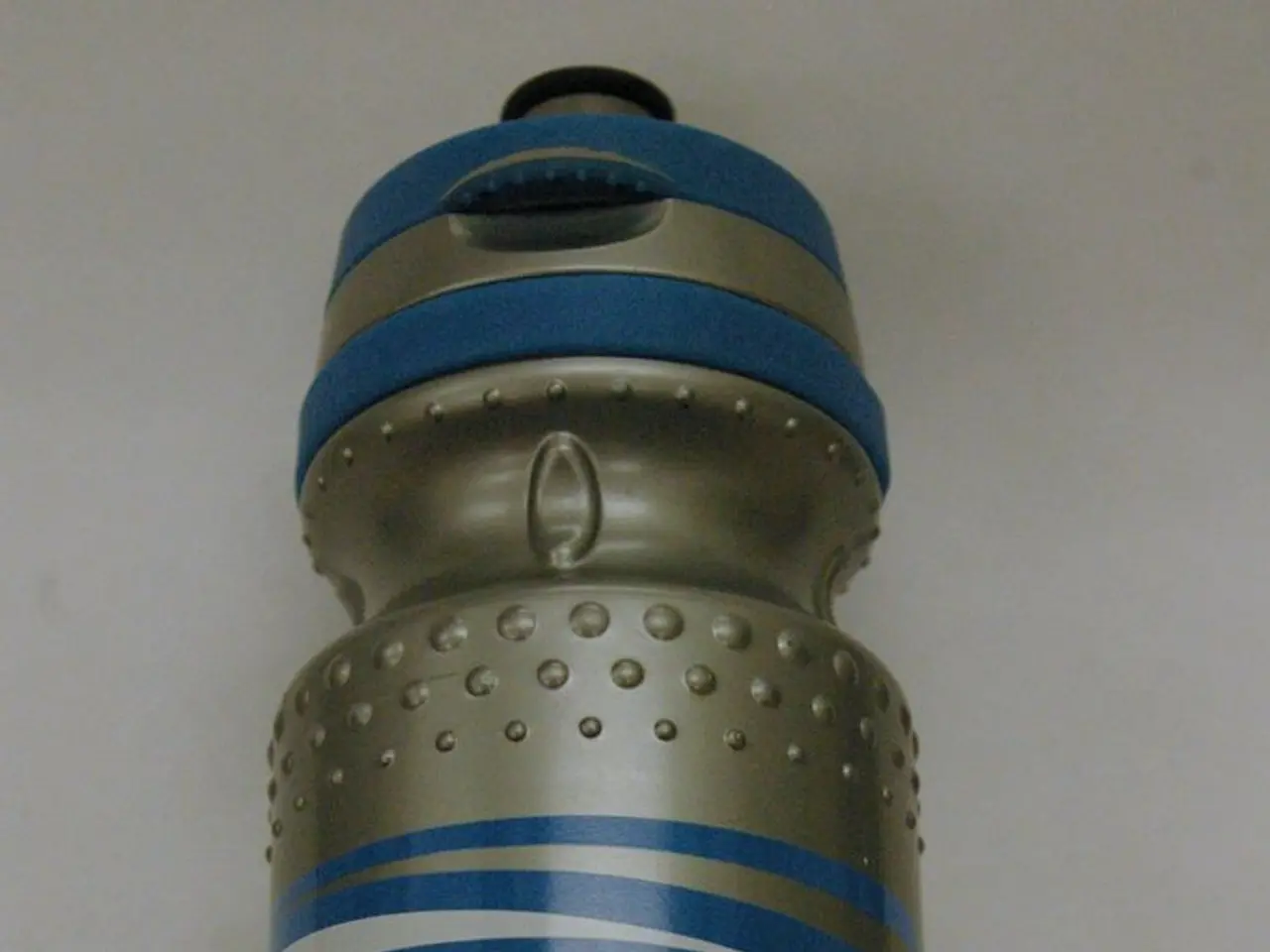Experts' pipeline speeds up progress in neurofibromatosis research
The Francis S. Collins Scholars Program, launched in 2014, has made significant strides in the field of Neurofibromatosis Type 1 (NF1) research and treatment over the past decade. This programme, named after Dr. Francis S. Collins who discovered the NF1 gene in 1990 and led the NIH team responsible for mapping the human genome, is dedicated to building a global community of clinician-scientists specialising in NF1.
The programme's focus on both clinical care and research has been instrumental in jumpstarting and accelerating critical NF1 research. By providing scholars with crucial resources and protected time, the programme has accelerated foundational research, leading to key molecular and translational discoveries that deepen understanding of NF1 tumour biology and open pathways to new, effective treatments.
One such researcher, Angela Hirbe, a scholar from 2017 to 2023 and director of the Adult Neurofibromatosis Clinical Program at Washington University School of Medicine, credits the programme with launching and accelerating her research on NF1 and malignant peripheral nerve sheath tumours (MPNSTs). This research has led to a deeper understanding of MPNST biology and the identification of new potential therapeutic strategies.
The programme also emphasises the translation of research into practical treatments by rigorously selecting projects based on their potential to solve patient-specific problems. The programme fosters a community of researchers focused on patient impact, which helps bridge the gap between laboratory discoveries and clinical applications.
The programme supports cutting-edge research targeting key molecular pathways involved in NF1 tumour growth. For instance, studies funded by the programme have elucidated the role of TGFβ signalling in plexiform neurofibroma (PNF) development and malignant transformation. Pharmacologic inhibition of TGFβ receptors has been shown in NF1 mouse models to reduce tumour burden by altering extracellular matrix remodelling, highlighting TGFβ as a promising therapeutic target.
The programme has contributed indirectly to the development and clinical evaluation of novel drugs such as MEK inhibitors, which target the MAPK pathway dysregulated in NF1, showing promising efficacy and safety in reducing NF1-associated plexiform neurofibromas.
By fostering collaboration and persistence among NF researchers and clinicians, the programme builds a pipeline of experts equipped to make steady progress, combining basic science, clinical research, and patient-centered innovation.
The programme's success is at an inflection point, with scientific breakthroughs happening rapidly and the need for a well-trained and dedicated army of scientists to lead critical scientific efforts. The programme receives generous funding from Bloomberg Philanthropies and the Paula and Jerry Gottesman Family Supporting Foundation.
Early-stage clinician-scientists can apply to the programme annually for a fully funded, three-year position. The 10th anniversary of the programme was celebrated on June 20, 2024, at the Whittemore House in Washington, D.C., with 13 scholars sharing their latest research with scientific leaders from Johns Hopkins and partner organisations.
However, the federal government's shift in funding for medical research could potentially slow the momentum of the programme's progress. Federal funding is crucial for scientific breakthroughs and the development of lifesaving treatments, especially in the field of NF1 and other rare diseases. Much of what researchers discover about NF1 has broader implications, as many common cancers like melanoma, sarcomas, and breast cancer have an altered NF1 gene.
The programme has also established new diagnostic approaches for the early detection of rare cancers in people with NF1. These advancements, while not explicitly the direct product of the programme, align with its translational focus.
In summary, the Francis S. Collins Scholars Program has been instrumental in jumpstarting and accelerating critical NF1 research, driving molecular and translational discoveries that deepen understanding of NF1 tumour biology and open pathways to new, effective treatments that directly improve patient care. The programme's ongoing success is a testament to its commitment to advancing research and treatment for Neurofibromatosis Type 1.
- The programme's focus on both research and clinical care has led to significant advancements in Neurofibromatosis Type 1 (NF1) research, particularly in medical-conditions like malignant peripheral nerve sheath tumours (MPNSTs).
- By rigorously selecting projects based on their potential to solve patient-specific problems, the programme has led to the identification of new potential therapies and treatments for neurological-disorders associated with NF1.
- The programme supports research in health-and-wellness, including studies on key molecular pathways involved in NF1 tumour growth, such as TGFβ signalling in plexiform neurofibroma (PNF) development and malignant transformation.
- The programme has been instrumental in the development and clinical evaluation of novel drugs like MEK inhibitors, which target the MAPK pathway dysregulated in NF1, showing promising efficacy and safety in reducing NF1-associated plexiform neurofibromas.
- The programme's success in medical research has broader implications, as many common cancers like melanoma, sarcomas, and breast cancer have an altered NF1 gene, and its advancements in diagnostic approaches for rare cancers in people with NF1 further align with its translational focus.
- In light of the federal government's shift in funding for medical research, ongoing support from philanthropic organizations such as Bloomberg Philanthropies and the Paula and Jerry Gottesman Family Supporting Foundation is crucial for the programme's continued success in driving scientific breakthroughs and lifesaving treatments for NF1 and other rare diseases.




